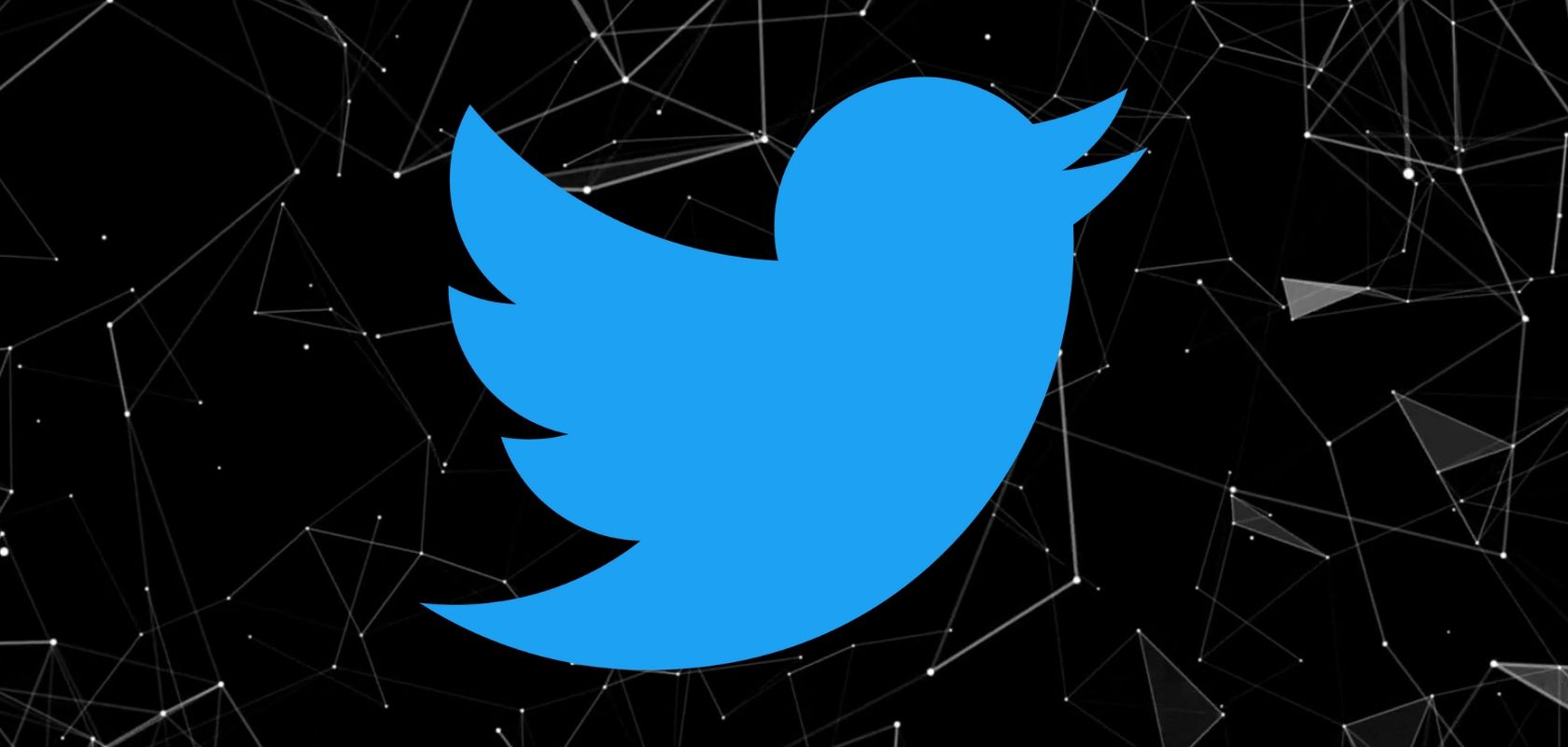The BBC has done a spot of investigating on Twitter, that has resulted in the social media platform apologizing for allowing targeting of adverts at users who are perceived to be members of hate groups.
The BBC says what it discovered is that Twitter allowed ads to be directed at those posting about or searching for keywords like “transphobic,” “white supremacists,” “anti-gay,” and “islamophobe.” The issue here is not Twitter’s ad-targeting model itself – but with including discriminatory terms among allowed keywords.
If your were transphobic, a white nationalist, or islamophobic – would you be likely to use those keywords when searching or posting on Twitter? On the other hand, if you are opposed to such ideologies or behaviors – or simply researching a subject – might you not actually be much more prepared to use them?
Here’s how Twitter’s keyword targeting actually works:
“Keyword targeting allows you to connect with users based on words and phrases they’ve recently Tweeted or searched for on Twitter,” Twitter says of its keyword ads.
“Keyword targeting enables you to target your Tweets so that they show up when people are searching for topics related to your business,” Twitter says. Or, they keywords can also be used to target users who recently tweeted those words on Twitter: “With keyword targeting in timeline, you can act on these signals by targeting your Tweets to users based on something they’ve Tweeted,” Twitter confirms.
A white nationalist is unlikely be using the term “white nationalist” on Twitter. But an activist against white nationalism is.
An actual homophobic person isn’t likely to be using the term “anti-gay” on Twitter. But someone who is an activist wanting to end homophobia is.
The BBC’s short-sighted report encouraged Twitter to end the practice of allowing people to target these keywords – but, based on how the keyword targeting words, this is much more likely to hurt activists who are looking to end such things as racism and prejudice.
After the BBC pressure, Twitter apologized for allowing organizations to target such keywords.
This means that Twitter now apologizing and excluding such keywords could be more likely to prevent ads from targeting neutral users or anti-discrimination activists, than those guilty of actually espousing hate-crime ideologies.
However, this consideration doesn’t seem to have played any role as Twitter said it took heed of BBC’s investigation and would stop using these, and apparently a host of other keywords, such as “anorexia,” and “bulimia” and others the BBC describes as “problematic.”
Again, a ban that would hurt activists wanting to help people that suffer with those illnesses.
In fact, Twitter told the BBC that their standing policy is to ban “certain sensitive or discriminatory terms” – but that in this instance, some of these were allowed for ad targeting, and the social network said this was an error.
The BBC also quotes anti-extremism charity Hope Not Hate who agreed that ads on Twitter “could become a propaganda tool for the far-right.”
The way this could somehow happen, according to a representative of the charity, is if ads are used to reinforce commitment to intolerant ideologies among those who have “indicated some or partial agreement” with such ideas. But it’s really a stretch to assume that mere mention or search for a keyword “indicates” agreement with what it represents.
As for the broadcaster’s methodology – they used “an anonymous” account to create a generic ad, to then use Twitter’s ad system and micro-target “three different audiences based on sensitive keywords.” What they discovered was that Twitter initially held the ad – apparently for review – but then approved, it regardless of the keywords used.
This isn’t the only change that hurts non-profits and activists on the platform. Twitter’s recent ban on political advertising means that energy companies are allowed to advertise on the platform, but those who want to push the idea of “climate change” can’t – again, making activism for issues that are important to some organizations difficult on Twitter, and perhaps not what Twitter intended, considering Twitter’s ideological bent.













